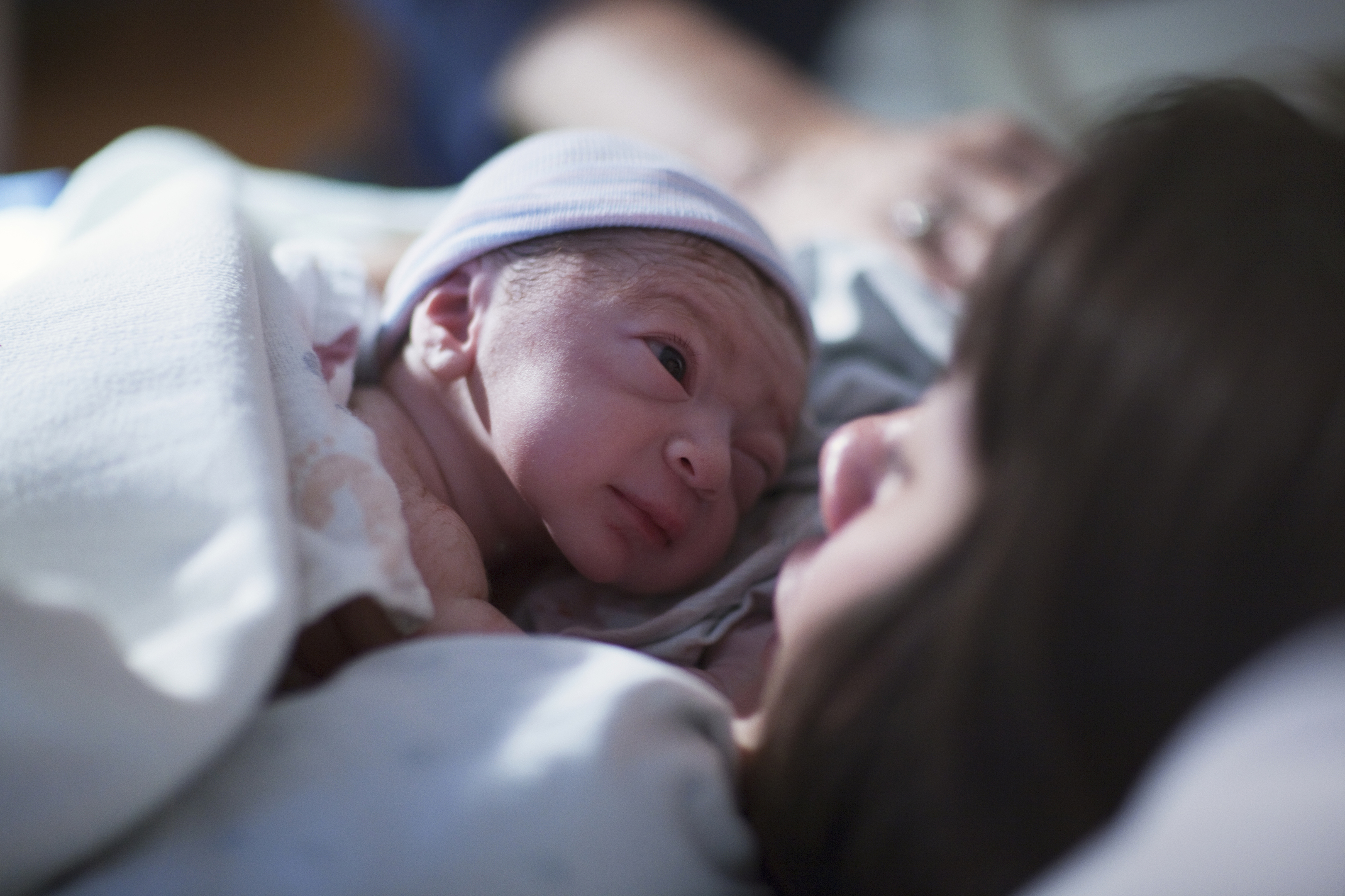
A REPORT out today says the demands on the Scottish maternity services are increasing.
The report was issued by the Royal College of Midwives (RCM) and says that increasing obesity levels and an increase in the age of mothers amidst a rise in midwifery vacancies is putting growing pressure on the maternity services.
In its latest State of Maternity Services Report for Scotland the RCM says that levels of overweight and obese pregnant women topped fifty per cent for the first time last year.
Last year 51% per cent of women pregnant women were overweight or obese. These women are more likely to require additional care and support throughout their pregnancy.
At the same time, the age of pregnant women in Scotland is also increasing. The majority (54 per cent) of Scottish babies born in 2017 were to women in their thirties or forties.
Between 2000 and 2017 births to women in their early forties shot up over two-thirds (68 per cent), to 1,907 births.
As with obesity, older women will typically require more care during their pregnancy. The RCM say they want to ensure these women get the additional care and support they may need.
Pressures on services are being affected by a quadrupling of midwifery vacancies in the last five years, rising from 1.3% in 2013 to 5% in 2018.
There are particular concerns about vacancy rates in NHS Boards in the North of Scotland.
Some concerns remain over the ageing midwifery workforce despite an increase in the number of younger midwives. The proportion of midwives aged 50 or older jumped from 34 per cent in March 2013 to 40 per cent in March 2018.
Commenting on the report, Mary Ross-Davie, Royal College of Midwives Director for Scotland, said: “Pressures on our midwives are increasing – the care needs of the women in our care are rising, while the number of unfilled midwifery posts is also rising.
“We need to work hard to ensure that midwives choose to stay and work in all parts of Scotland, including in the North and in our most remote communities.
“What is important is that our government continues to invest in maternity services to ensure they can cope with current and future demand.
“The NHS, the Scottish Government, the RCM and others need to keep working together to identify the challenges and tackle them.
“We should be aiming for our maternity care to not just be among the best in the world, but to be the best.”
Ross-Davie has also said that there are positives within the Scottish maternity services that shouldn’t be ignored.
The Scottish Government has heeded the concerns and lobbying of the RCM, increasing the number of student midwives significantly in 2017 and 2018.
The continuation of bursaries for student midwives has also been helpful in continuing to attract a high number of applicants to join the profession.
Ross-Davie said: “There are some great things happening in our maternity services in Scotland, not least the very ambitious Best Start maternity programme. The Scottish Government has also delivered real increases in the number of student midwives, which we welcome. .
“I am still concerned about the age profile of our midwifery workforce, though it is encouraging to see the ‘green shoots’ of higher numbers of younger midwives joining our service.”
Miles Briggs, Scottish Conservative health spokesman, said: “Midwives are an essential part of our health service and this report accurately highlights the growing and complex pressures they continue to face.
“In order for midwives to give expectant mothers the time and care they need there simply needs to be more of them.
“The SNP must encourage midwives training in the Scottish NHS to remain here for as long as possible after they graduate.”

Enjoy the convenience of having The Sunday Post delivered as a digital ePaper straight to your smartphone, tablet or computer.
Subscribe for only £5.49 a month and enjoy all the benefits of the printed paper as a digital replica.
Subscribe